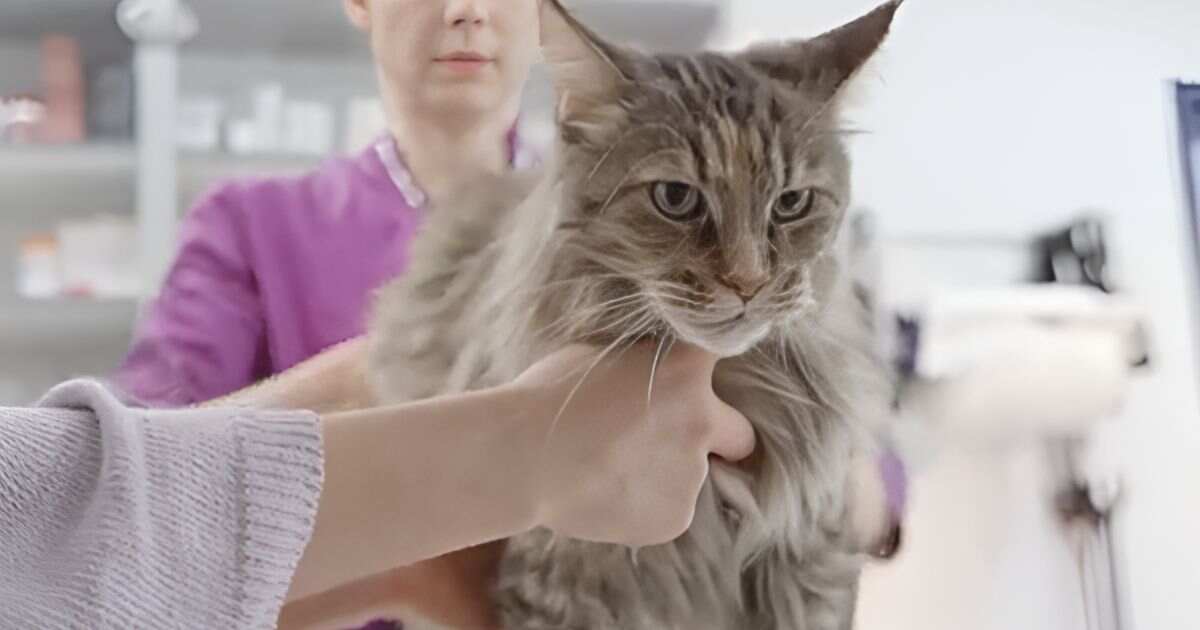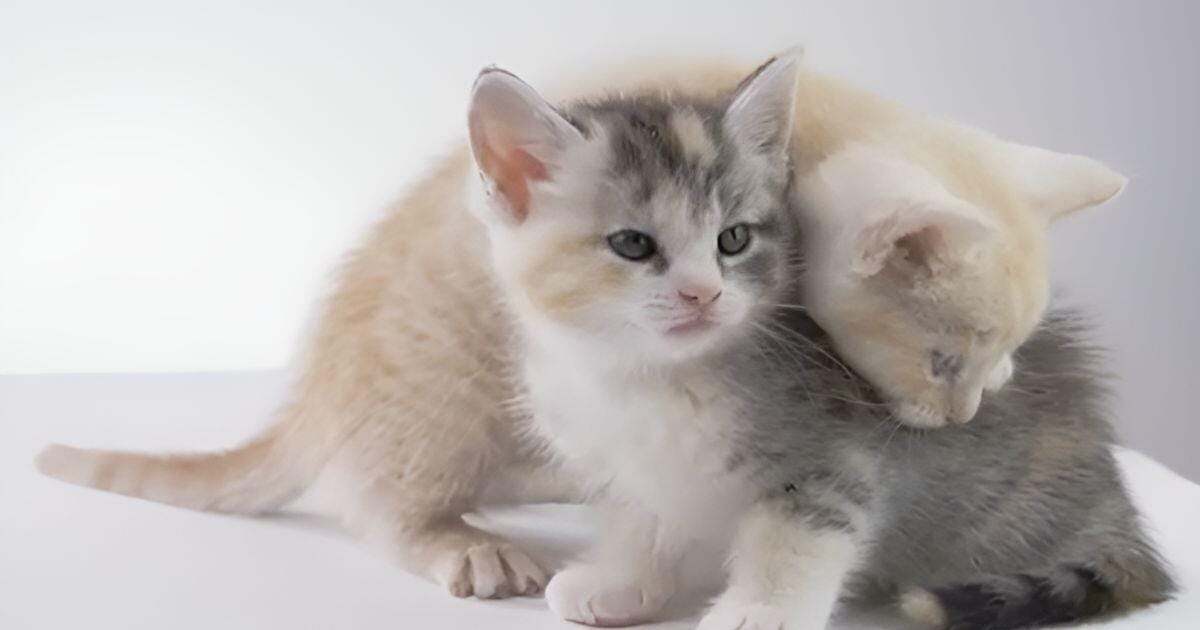Cats are amazing companions that fill our lives with their charm and unique personalities. With improvements in cat medicine, nutrition, and care, our furry friends are living longer and healthier lives.
How long a cat lives depends greatly on the care they get and the environment they live in. As a cat owner myself, I’ve seen how proper attention can make a big difference in a cat’s life and How Long Do Cats Live?

The Average Lifespan of a Cat
Most cats live between 13 and 17 years. However, some exceptional cats live into their twenties or even longer. Creme Puff, the oldest recorded cat, lived an incredible 38 years, showing what great care and genetics can achieve.
Factors That Affect a Cat’s Lifespan
Food: A balanced diet is crucial for keeping your cat healthy and active. My cat Whiskers once struggled with being overweight. After talking to a vet and switching to a special diet, Whiskers lost weight, became more energetic, and lived longer.
Lifestyle: Indoor cats usually live longer than outdoor ones because they avoid dangers like accidents or diseases. My current cat, Luna, is an indoor cat who stays happy with toys and puzzle feeders.
Regular Vet Care: Taking your cat to the vet for checkups and vaccinations is very important. Cats often hide when they’re sick, so regular tests can catch issues early.
Breed and Genetics: Some breeds, like Siamese cats, tend to live longer, while others may have health issues. Mixed-breed cats often benefit from genetic variety, which reduces the chances of inherited problems.
Spaying/Neutering: Cats that are spayed or neutered generally live longer and healthier lives because they avoid certain diseases and problems.
Indoor vs. Outdoor Cats: Life Expectancy
Outdoor cats face many risks, such as diseases, injuries, and parasites. On average, they live about half as long as indoor cats. However, giving them safe outdoor experiences, like secure enclosures, can offer mental stimulation without exposing them to harm.

Cat Life Stages Explained | How Long Do Cats Live?
Cats go through different stages in life, each requiring specific care:
Kitten (Birth to 1 Year)
Kittens grow quickly and need high-quality food full of calories and nutrients. Socializing them early helps them become friendly and confident adults. I remember adopting my first kitten, Shadow, and the fun of teaching her to play and use the litter box.
Young Adult (1–6 Years)
Young adult cats are full of energy and need food that matches their lower calorie needs compared to kittens. Regular play and vet visits are important during this time.
Mature Adult (6–10 Years)
At this stage, cats may become less active. Watching for weight changes and issues like arthritis becomes important. My cat Bella, now in this stage, benefits from joint supplements recommended by her vet.
Senior (10+ Years)
Senior cats often need more frequent health checks. Problems like kidney disease or dental issues are more common. My senior cat, Milo, developed high blood pressure, but early care helped him enjoy his later years.

Tips to Help Your Cat Live Longer
Vaccinations and Vet Care: Even indoor cats need vaccinations to stay healthy.
- Home Setup: Make your home comfortable for your aging cat with things like soft beds and easy-to-reach litter boxes.
- Weight Control: Prevent obesity by feeding the right portion sizes and avoiding too many treats.
- Play and Activities: Keep your cat active with toys and interactive games.
- Regular Vet Visits: Catching health problems early makes a big difference.
The Joy of Caring for Older Cats
Looking after senior cats takes time and care, but it’s incredibly rewarding. Watching Luna, now a senior, relax in her favorite sunny spot fills me with happiness, knowing I’ve done my best to keep her comfortable and content.
Read More: How to Stop Cats Pooping in Your Garden: Effective Tips and Solutions
FAQs – How Long Do Cats Live?
Q1. What is the average lifespan of an indoor cat?
A: Indoor cats typically live between 12 to 15 years, with some reaching their early 20s. Their longer lifespan is due to reduced exposure to hazards like traffic accidents, predators, and diseases.
Q2. How can I extend my cat’s life?
A: To extend your cat’s life, provide a balanced diet, regular veterinary care, a safe environment, physical activity, mental stimulation, and monitor their weight. Regular check-ups and early detection of health issues are crucial.
Q3. What are common health issues in older cats?
A: Common health issues in older cats include dental disease, kidney disease, diabetes, hyperthyroidism, and arthritis. Regular veterinary check-ups and proper care can help manage these conditions and improve your cat’s quality of life.
Conclusion
While there’s no way to make our beloved cats live forever, understanding their needs at each life stage, coupled with proactive care, can ensure they live long, happy lives.
By providing a safe environment, balanced nutrition, and regular veterinary care, you’ll be giving your feline friend the best chance to thrive well into their golden years.